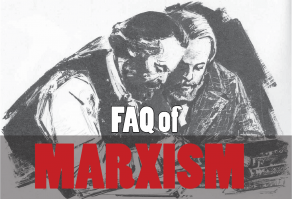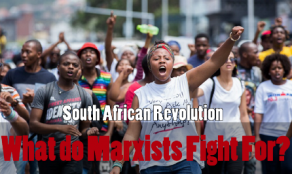Victory for the South African youth: Besieged Zuma announces 0% university fee increases
A few moments ago, president Zuma announced live on national television that there shall be no university fee increases for 2016. This is a major victory for the thousands of youth who have been struggling for more than a week against the attacks on their education.












